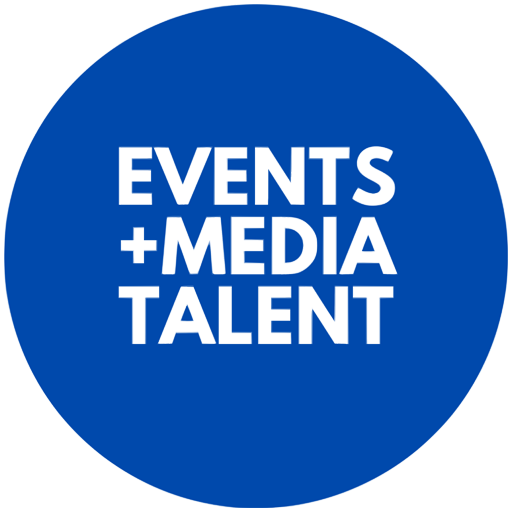Part 2 – at the interview
In Part 1, we looked at what you need to do to prepare for an upcoming job interview. Today, we address the key points you need to consider at the actual interview.
First impressions count
Whether it takes a few seconds or a few minutes to form them, first impressions are important. And once formed, good or bad, it’s near impossible to change them as we are engineered to look for things that confirm our first impressions of others (‘confirmation bias’).
So, make sure you think as much about making the right first impression as you would concerning any other part of your interview.
First rule of creating a good first impression is to arrive on time. Make sure you are dressed right for the role. Smile, introduce yourself and shake hand. Be polite and remain professional and formal even through the initial ‘ice breaker’ chat.
Body language is important
It’s not just what you say but how you say that matters at a job interview. Therefore, your body language is critical.
Maintain eye contact and if there is more than one interviewer, remember to address all of them and not simply the ‘main’ person. Sit up in your chair without resting your elbows on the table. Do not slouch. Speak clearly and also use your hands and eyes to articulate your passion for the role.
Build rapport
As we discussed in a previous article (WHAT EMPLOYERS WANT), skills and experience are only part of what employers look for in future employees – your ability to get on with people is also key.
Therefore, building a rapport with your interviewer is important. Your answers and how you deliver them have to be engaging. Remember to smile and maintain an open and friendly manner.
Be specific, don’t waffle
Specific questions deserve specific answers. Be precise. Be concise. Do not waffle.
If unsure about a question, ask the interviewer to clarify rather than make assumptions and answer a completely different question.
Ask questions
Always have questions to ask. But remember to make them relevant and interesting. Avoid anything that’s been covered in the job description or the interview.
Thank your interviewer
At the end of the interview remember to thank your interviewer for their time and the invitation to the job interview.
In Part 3, we discuss what to do after you’ve had your interview.


 5 tips for creating a great CV
5 tips for creating a great CV